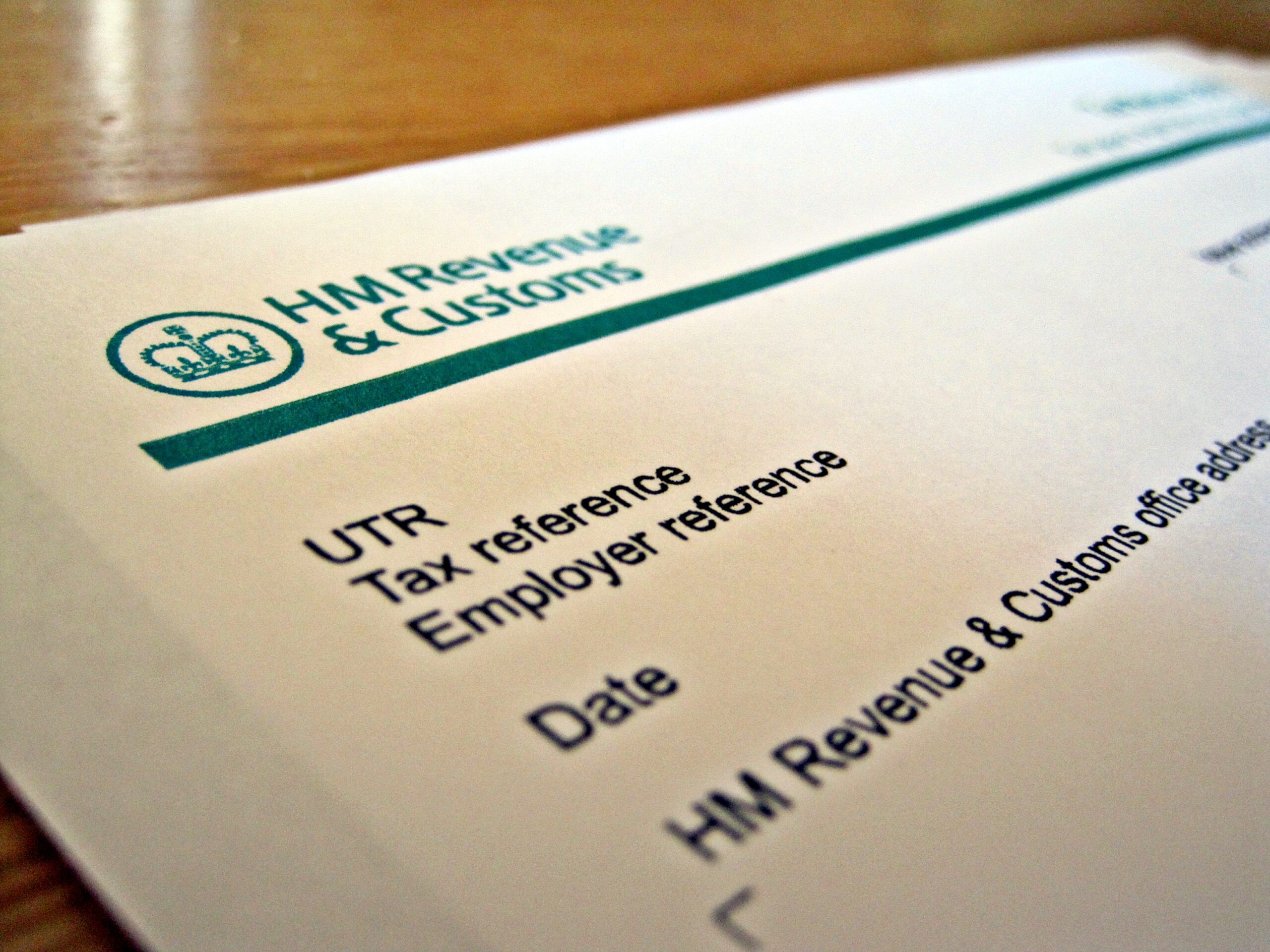What is a payment on account?

Especially around this time of year, with tax return deadline looming, it’s a question we get asked a lot. So we thought we’d answer it!
So when you have to submit a tax return, for example if you’re self employed, you’ll usually end up owing HMRC some tax. In our example, lets say you were self employed during the tax year 6th April 2022-5th April 2023 and you had profits of £6000. Your tax return will then show the tax you’ve got to pay on that £6000, which will be due by 31 January 2024. To keep our example simple, lets say the tax due on that is £1200.
HMRC will then assume you’ll be earning at least the same amount during the next tax year, and they’d like it a little closer to when you actually earn it! So they ask you to make a “payment on account”, this is 50% of the previous year’s tax, £600 in our example.
So, for that first year of doing a tax return, you’ll have to pay all the tax you owe, plus 50% again in advance for the next year (if you’re over the threshold currently set at £1000, anything under that you don’t have to make the payment on account) – in our example £1800.
So in January 2024 you’ll have paid £600 towards your 6th April 2023-5th April 2024 tax. You’ll then make a second payment by 31st July 2024 of the same amount – one thing we feel is important to point out is that while this is all paid for 6 months before the due date of that tax return, it’s still nearly 4 months since the end of that tax year when you earned the money, so you’re still paying it a lot later than people who pay via PAYE on a payroll!
When your tax return is then done for that second tax year, you’ll get issued a statement. Continuing our example, lets say you had £8000 profit that year, resulting in a £1600 tax bill (again, just simple figures to keep the example easy!). Your statement will show that you owe £1600, but paid £600 by 31st Jan 2024 and £600 by 31st July 2024, leaving you a balance for that tax year of £400 to pay. You’ll then need to make a first payment for the next tax year, 50% again so £800, so your bill due by 31st January 2025 is £1200 – a lot more bearable!
You’ll then continue this cycle, only changing if you were to no longer need to submit a tax return (for example if you’ve taken a full time job). In these circumstances, if you know when submitting your tax return of this change, you can ask for the payment on account to be reduced, otherwise you’ll get a rebate of any overpayments when you submit your final tax return.
Still have any questions? Get in touch!
Leave a Reply